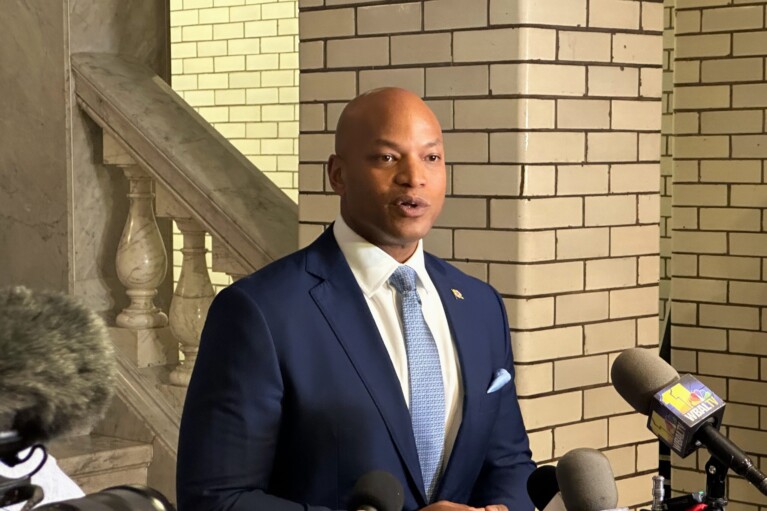Patients and Doctors Love Telehealth, But Law Needs Updating, Lawmaker Says

Prior to the pandemic, Southern Maryland resident Deriece Harrington found scheduling an appointment with her Washington, D.C. and Northern Virginia doctors to be a breeze.
Harrington works in the District, and when she needed care, she would make a lunch-time appointment, pop over to her doctor, and then return to the office.
Now that her company is having employees work from home, Harrington is finding it much more difficult to see her out-of-state primary care doctors and specialists.
“I have some medical issues and I was going to the doctor a lot,” she said. “Here was the opportunity to do some virtual visits, and those were ideal for me, because I wasn’t going to the office during the pandemic.”
When COVID-19 hit, Maryland took steps to expand the use of telehealth, and additional provisions were added last year. But advocates for physicians and hospitals said on Thursday it is urgent that Maryland remain a member of a multi-state compact that streamlines the licensing process for out-of-state providers.
Without an extension, Maryland’s ability to remain part of the Interstate Medical Licensure Compact (IMLC) would expire in September.
“This is a big deal, getting that extended,” said Gene M. Ransom III, CEO of MedChi, the Maryland State Medical Society. “You’re talking about some poor patient who needs help in another state, and the doctor can call that state, if they’re a compact state, and instantly get licensed and then instantly do a telehealth visit and take care of their patient.”
Without the compact, Ransom said, the credentials process can run anywhere from a couple weeks to a couple months, depending on the state and their backlog at a given time.
Twenty-eight states, the District of Columbia and Guam are members of the IMLC. Sen. Pam Beidle (D-Anne Arundel) and Del. Heather Bagnall (D-Anne Arundel) have sponsored legislation to keep Maryland in it for an additional eight years. Hearings on both measures — SB 386 and HB 180 — were held on Thursday.
Beidle told the Senate Environmental, Health and Educational Affairs Committee that that “without the compact, Marylanders — especially in rural areas — can lack the necessary care they need and often face longer wait times and further travel to physicians.”
The Beidle/Bagnall bill is a priority for both MedChi and the Maryland Hospital Association.
“While an IMLC license does not automatically create licensure portability among participating states, it does create a ‘fast track’ for physicians to practice in multiple states while preserving the state’s authority to regulate the practice of medicine,” wrote MHA Vice President Erin Dorrien in a letter to the committee.
If Maryland’s membership in the compact were to expire on Oct. 1, out-of-state doctors would be allowed to do a telehealth visit with a Maryland patient only if the patient drove to the physician’s state.
“It’s really silly to me that I have to drive in my car to go across the D.C. line or to the Virginia line and do a tele-visit,” Harrington said.
She said she is hoping not to have to find new doctors closer to home, particularly since some physicians are not accepting new patients.
“Once you’ve built up a rapport with your doctors, who wants to start over,” she said. “I like my doctors. I like my providers.”
Maryland lawmakers are looking at other ways of easing the well-documented shortage of health care workers.
House Bill 670, sponsored by Dels. Jheanelle K. Wilkins (D-Montgomery) and Nick Charles (D-Prince George’s), would require the Maryland Health Care Commission to research ways of expanding interstate telehealth. That study would be due late next year.
Another Beidle bill, Senate Bill 440, would create a commission to study the health care workforce “crisis.” She said an estimated 500,000 thousand nurses nationally are expected to retire this year, bringing the number of vacant positions to 1.1 million. She noted that some hospitals are paying staffing agencies as much as $200 per hour for temporary nurses.
“The COVID-19 pandemic exacerbated it, but we were already under a health care crisis, especially in long-term care,” said Danna L. Kauffman, an attorney who represents several health care companies.




 Creative Commons Attribution
Creative Commons Attribution